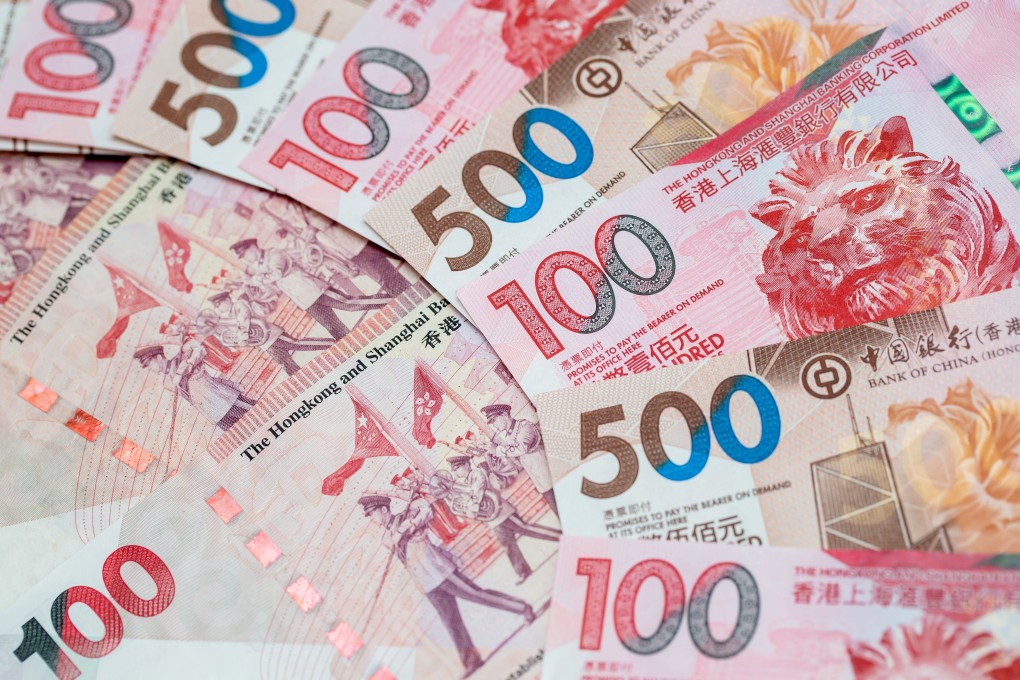Coronavirus response shows how universal basic income can improve life for everyone
- Subsidies given to firms and individuals to protect livelihoods during the pandemic offer insight into how a universal income can be implemented intelligently and successfully
- An unconditional recurring payment to every member of society will help everyone meet their basic needs and restore dignity

With one eye already on re-election, US President Donald Trump is racing towards opening up America again despite economists’ consensus that reopening the economy only when it is safe is better than risking another lockdown soon after. Regardless, once business does get back up to speed it is certain we will face a new normal.
Social distancing may have slowed the virus’ spread, but it also paralysed significant parts of the global economy. Small and medium-sized enterprises have been particularly badly hit, making governments more important than ever. Administrations around the world have dug into their reserves to keep their economies alive and, more importantly, cash flowing among individuals.
It is useful to differentiate between stimulus packages and survival handouts. When lay-offs, furloughs and salary cuts envelop a significant portion of the labour force, various handouts to help businesses stay afloat are of utmost importance.
